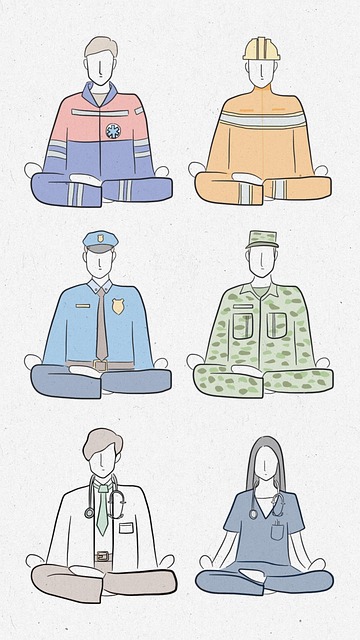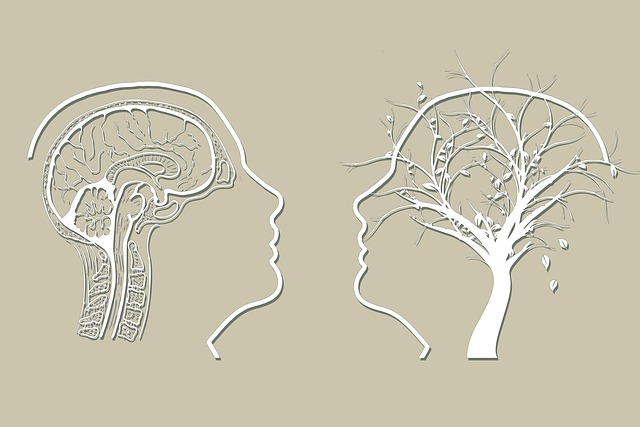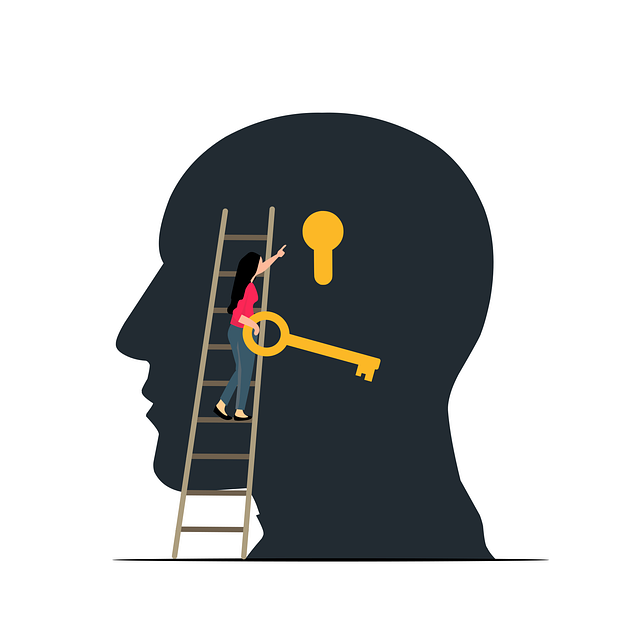Mental Health Crisis Hotlines, like those offered by Longmont Learning Disability Therapy, are vital resources providing immediate support and tailored coping strategies for individuals in distress. These hotlines serve as safe spaces for crisis intervention, offering risk assessments, personalized plans including therapy, community outreach, and resilience-building techniques. By empowering both clients and volunteers with specialized training, these services not only offer relief but also act as entry points for mental health policy advocacy, ensuring access to appropriate care and fostering a more compassionate society.
In today’s fast-paced world, mental health crisis hotline support services play a vital role in fostering community well-being. These 24/7 resources offer immediate assistance during times of distress, serving as a lifeline for those grappling with mental illness. This article explores various aspects of crisis hotline interventions, including a spotlight on Longmont Learning Disability Therapy—a specialized service catering to unique needs. Learn how to access these services, their impact, and the training available to empower community members in supporting one another.
- Understanding Mental Health Crisis Hotlines
- Longmont Learning Disability Therapy: A Specialised Service
- How to Access Crisis Support Services
- The Impact of Hotline Interventions
- Training and Resources for Community Members
Understanding Mental Health Crisis Hotlines

Mental Health Crisis Hotlines are vital services offering immediate support and guidance to individuals facing intense emotional distress or mental health emergencies. These hotlines serve as a first point of contact, providing a safe and confidential space for those struggling with their mental well-being. Trained professionals answer calls, offering assistance through active listening, crisis intervention, and the provision of coping skills development resources tailored to individual needs.
In Longmont Learning Disability Therapy, these hotlines play a crucial role in complementing therapeutic services by offering immediate relief during acute crises. By teaching conflict resolution techniques and promoting self-care strategies, they empower individuals to navigate challenging situations effectively. Moreover, crisis hotline support can serve as an entry point for further mental health policy analysis and advocacy, ensuring that those in need receive the appropriate care and resources.
Longmont Learning Disability Therapy: A Specialised Service

Longmont Learning Disability Therapy offers a specialised service tailored to individuals with learning disabilities who are experiencing mental health crises. This unique programme recognises the specific challenges and complexities these individuals often face, providing a safe and supportive environment for them to access much-needed therapy. The team at Longmont is comprised of experts in their field, dedicated to offering evidence-based practices and innovative approaches that cater to the specific needs of this population.
Through a combination of one-on-one sessions, group therapy, and self-awareness exercises, Longmont Learning Disability Therapy equips clients with essential coping mechanisms. These include positive thinking strategies and burnout prevention techniques designed to enhance resilience and promote overall well-being. By addressing the unique barriers to mental health support faced by individuals with learning disabilities, this specialised service ensures that everyone has access to effective care tailored to their specific circumstances.
How to Access Crisis Support Services

Accessing crisis support services is a vital step when facing a mental health crisis. For individuals with learning disabilities, understanding the available resources can be challenging but crucial. Longmont Learning Disability Therapy offers a dedicated hotline for those in need, providing immediate assistance and guidance. The process begins by simply dialling the number, where trained professionals answer, assess the situation, and offer appropriate support.
A comprehensive risk assessment is conducted to ensure client safety and the best possible care. This includes evaluating the crisis situation, understanding the individual’s history, and determining the most effective interventions. Following the initial contact, a tailored plan is developed, which may involve direct therapy sessions, community outreach program implementations, or compassion cultivation practices to promote healing and resilience.
The Impact of Hotline Interventions

Hotline interventions have a profound impact on individuals facing mental health crises. By providing immediate access to trained professionals, these services offer a lifeline for those struggling with thoughts of self-harm or suicidal ideation. The ability to connect with someone who understands and can provide support is invaluable during moments of intense emotional turmoil.
Longmont Learning Disability Therapy, for example, emphasizes the importance of empathy building strategies in hotline interactions. Trained counselors use active listening and non-judgmental approaches to foster trust and encourage individuals to share their experiences openly. Additionally, healthcare provider cultural competency training ensures that support is tailored to meet diverse needs, acknowledging the impact of cultural and social factors on mental health. These interventions not only offer immediate relief but also equip individuals with stress reduction methods they can utilize in the future, ultimately contributing to long-term resilience and improved well-being.
Training and Resources for Community Members

Community members play a vital role in supporting mental health crisis hotline services by becoming equipped with the necessary tools and resources. Organizations like Longmont Learning Disability Therapy offer comprehensive training programs designed to enhance the skills of volunteers and community leaders. These programs often include education on compassion cultivation practices, which promote empathy and effective communication when interacting with individuals in distress.
By learning self-care practices alongside burnout prevention techniques, community members can better support hotline users while maintaining their own well-being. Such initiatives not only strengthen local support networks but also contribute to a more resilient and compassionate society.
Mental health crisis hotlines play a pivotal role in supporting individuals during intense moments of distress. As highlighted, services like Longmont Learning Disability Therapy offer specialized care, demonstrating the impact of targeted interventions. By educating community members on accessing these resources and providing essential training, we can foster a more supportive environment. Remember that, in times of crisis, reaching out is a sign of strength, and these hotlines are a vital first step towards recovery.














